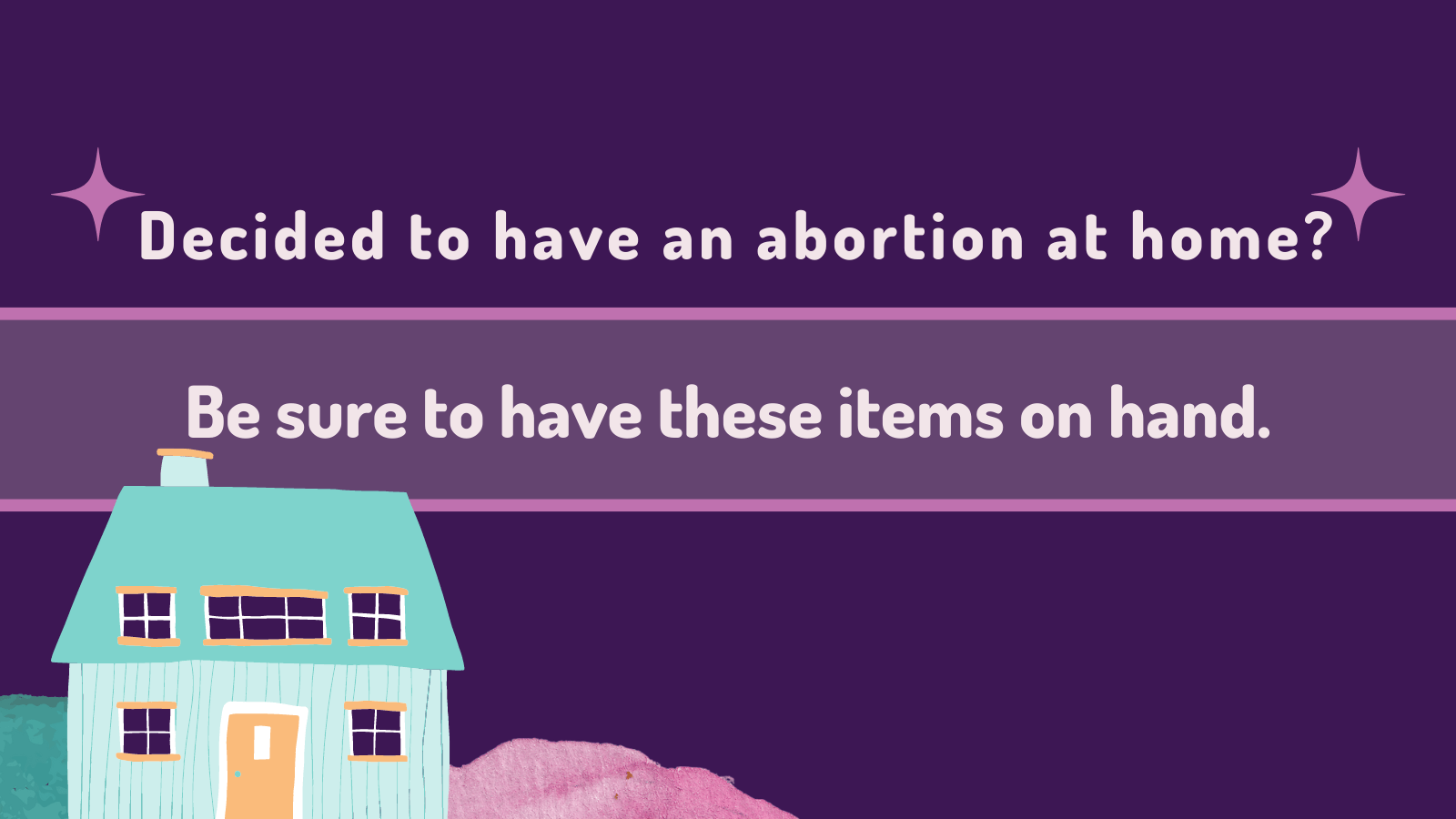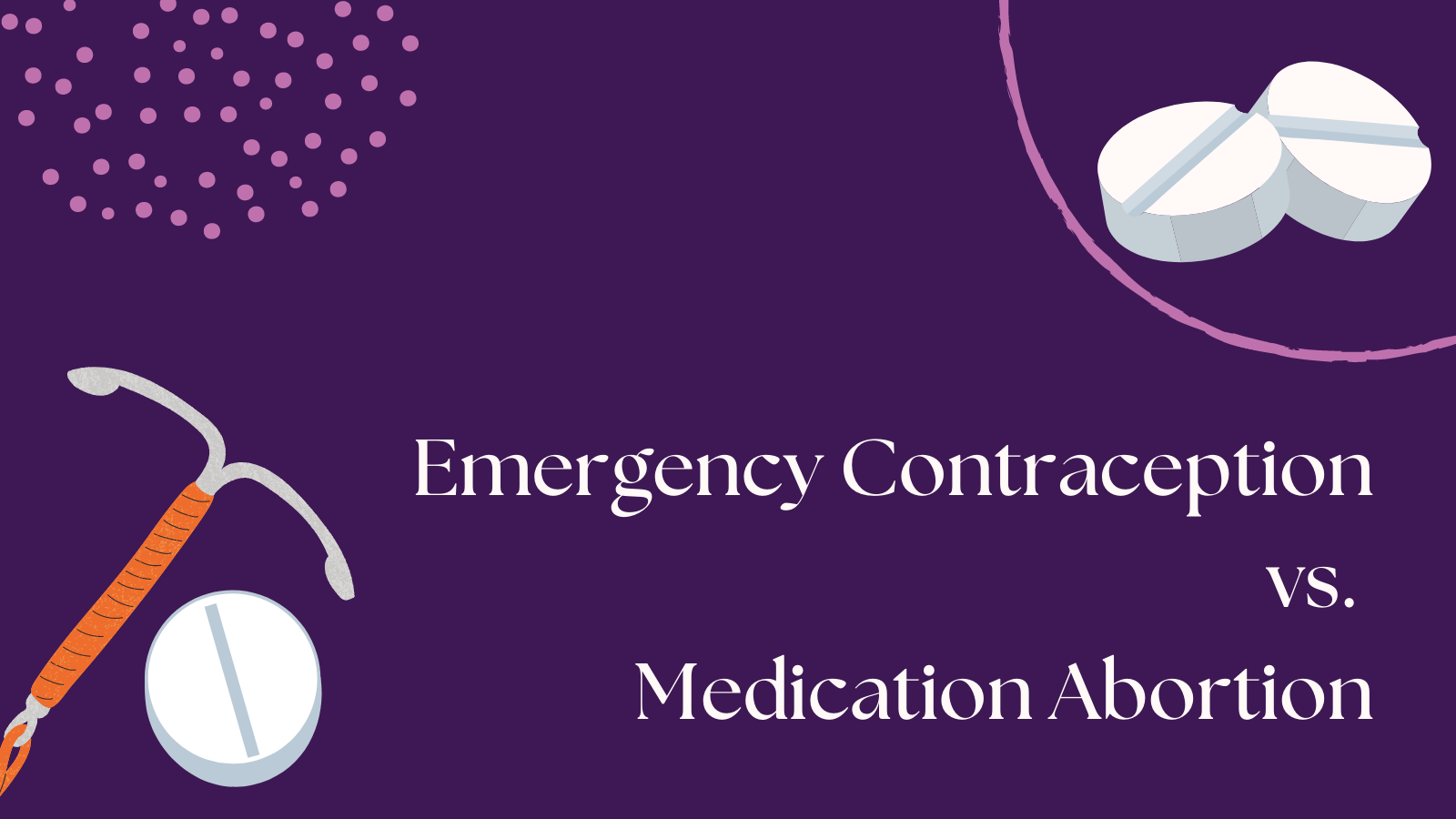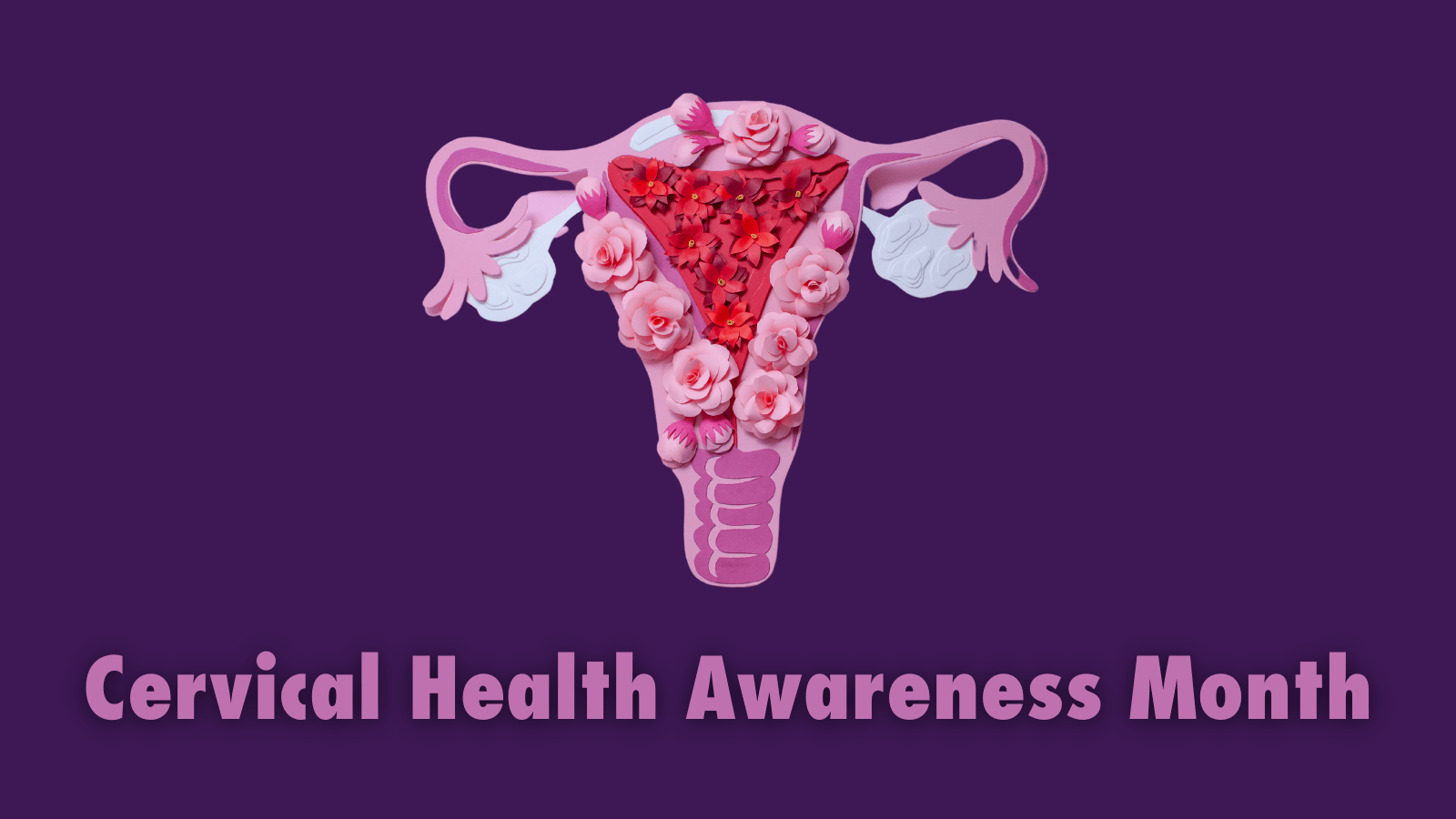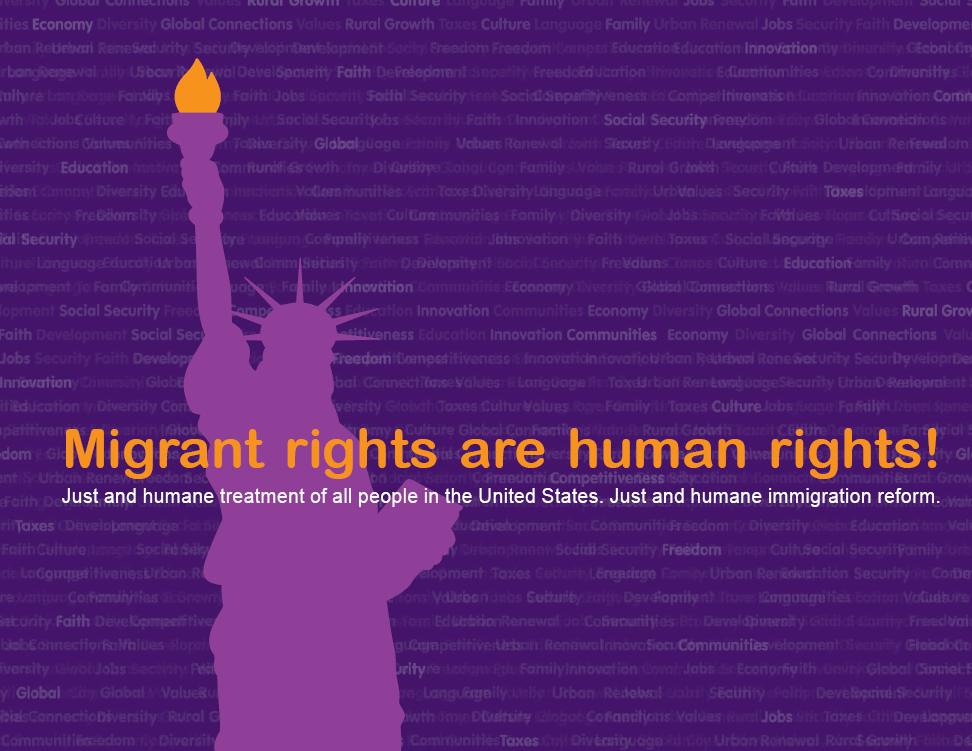Recently, one of our phone counselors spent the better half of 2 weeks learning a caller’s story, and gradually helping her get back on her feet. Here is her story, through the lense of our phone counselor:
“I think about my patients and their stories long after I’ve clocked out for the day, but I don’t usually wake up in a fright worried about them. Last Thursday I woke up suddenly thinking about one patient in particular: Esperanza. Nothing about her case was usual.
Esperanza was referred to me one week earlier after a visit to our McAllen clinic revealed that she was, unexpectedly, 19 weeks pregnant. Once I heard more of her story I couldn’t believe how calm she was. Esperanza is 26 years old with two young children and an eighth grade education. Esperanza made the trek to the US alone – her children stayed with family in Central America – to seek asylum. While a person is seeking asylum, they’re not legally allowed to work or receive any kind of benefits – food stamps and medicaid included. Her travel to the US followed the same path that many other women crossing into the US face: she was raped by the coyote (someone who specializes in human smuggling) who brought her across the border.
Together, we realized we needed to raise nearly $3,000 from scratch to pay for her procedure, transportation, food, and lodging. With the help of every abortion fund – both local and national – that we know of, that was exactly what we did.
Esperanza was staying in a group home run by an order of nuns, so I couldn’t say where I was calling from when I called her, for fear of her losing her only source of food and shelter. When we weren’t talking about funding, we were trying to figure out the logistics of getting Esperanza – who spoke no English, had no money, cell phone or photo ID – from the Rio Grande Valley to San Antonio – so we arranged for her to take a bus.
So when the day of her appointment came around I woke up suddenly because I was imagining all of the things that could go wrong with her trip. Would her ride not get her to the station in time? Would the bus company give her a hard time since she had no photo ID? Would the car company not pick her up at the bus station? The worries were multiplying exponentially until I took a deep breath and remembered all of the trials Esperanza had already been through. I realized that she could handle one simple bus trip.
I’ll never forget my last call with Esperanza before her trip. After a week of constant phone calls, emails, and coordination, I got a final call from Esperanza at 4 pm the day before her bus to San Antonio. She called to let me know that we got the last bit of funding assistance that we needed. I went to my white board where I track the funding needs of our various patients and changed the number under her name from $200 to $0. Then I sat down and cried.
I was moved by Esperanza’s story and the outpouring of support we received from everyone involved, including all of the generous funding groups and other Whole Woman’s Health staff. We all know that choice is a hollow concept without providers. But we may sometimes forget that it is also hollow without the means to pay for a procedure.
The following are among the organizations that helped us with Esperanza. All of them touched Esperanza’s life, and we thank both their volunteers and their donors for helping us in these times of need.
The Board of the Stigma Relief Fund
and
The George Tiller Memorial Fund
Together, we make some impossible things happen. Thank you, Thank you, Thank you.




